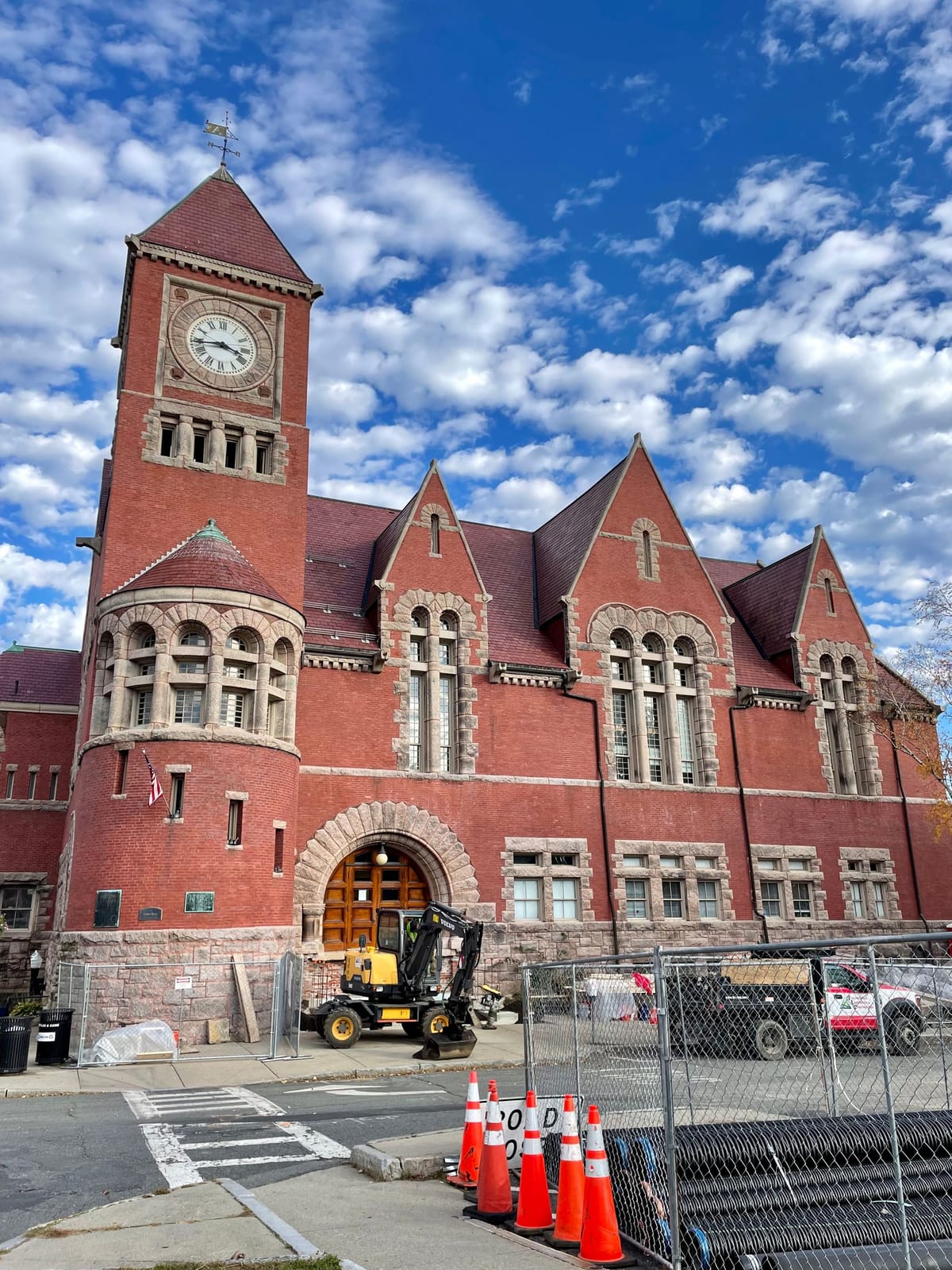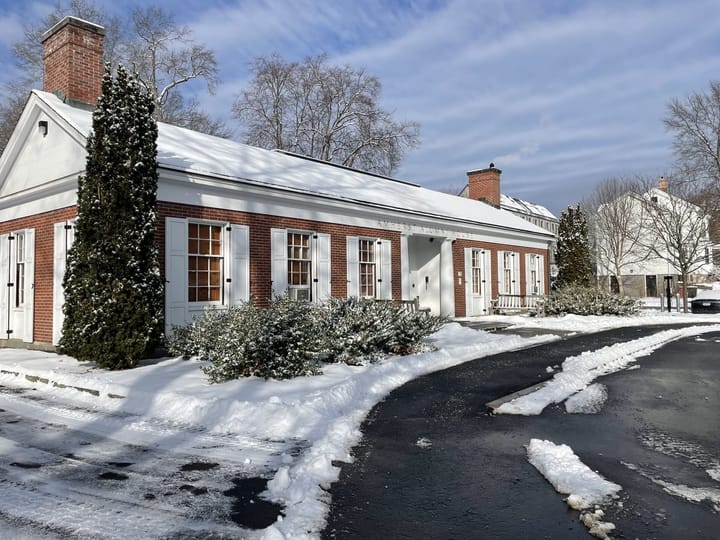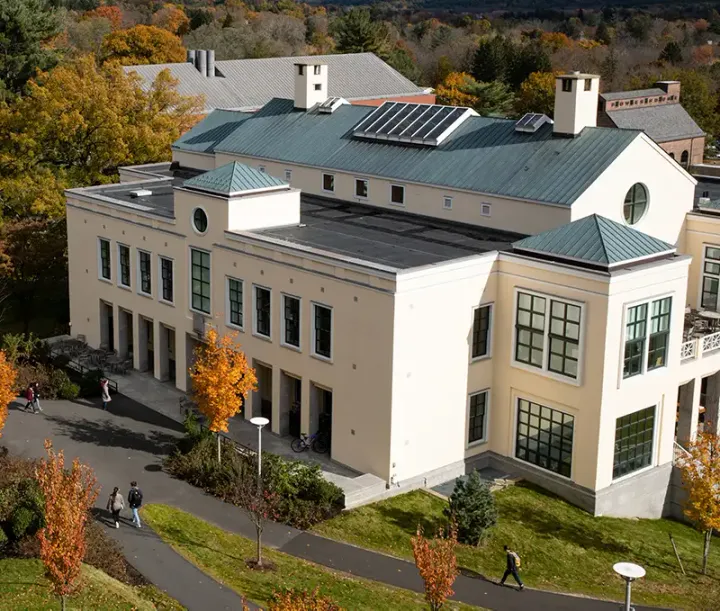Town Council Votes to Increase Regional Public Schools’ Budget
The Town Council voted to increase the Amherst-Pelham Regional Public Schools (ARPS) and the elementary schools’ budgets after complaints about the proposed $3 million in budget cuts announced in March. The council’s recommendation must be approved by the Town Manager on May 1.

At a town meeting on April 7, the Amherst Town Council voted to recommend an increase in the town’s budget allocations to the Amherst-Pelham Regional Public Schools (ARPS) and the elementary schools by 4.81% and 5% respectively, as a response to ARPS’ suggestion to increase the schools’ budget. To take effect, the recommendation must be approved by the Town Manager in the May 1 town budget proposal, and the increased budget must be passed by three out of four contributing towns (Amherst, Pelham, Shutesbury, Leverett) in addition to the Amherst Town Council.
Although the Town Council increased its budget allocations to all municipal departments by 4% for the 2026 fiscal year (FY26), ARPS currently faces a $1,391,998 budget deficit due to the schools’ increased operational costs, which would result in the removal of at least 17 teaching positions. The elementary schools are also facing a $1,561,314 deficit, bringing the total cuts to $3 million.
Since March 14, the Amherst-Pelham Regional School Committee (RSC) has been proposing a 5.13% budget increase that would reduce the cuts to $812,000. The new budget, once approved, would restore all teaching positions in the middle school and two out of four counselors in the high school, but would still require 11 to 12 positions to be eliminated between the two schools.
The initial budget proposal put forward by RSC recommended an assessment method that would result in a 6.5% increase in each town’s allocation to ARPS compared to FY25. In contrast, the existing assessment method established by the State Department of Elementary and Secondary Education (DESE) outlines a 4.81% increase in Amherst’s contribution, but a 14% and 23% increase for Leverett and Pelham, respectively. These numbers were calculated with a formula based on each town’s population and a five-year rolling estimate of enrollment.
The proposed assessment method was rejected by the Amherst Town Council on March 24 by a 9-4 vote, as Town Manager Paul Bockelman expressed concern that the town’s other departments will have less funds as a result.
In a memo advising the rejection, Bockelman said that “if … the [proposed] assessment method is approved and … the 6.5% budget voted by the [RSC] are both adopted by the Town Council, the Town Manager would be required to make very significant reductions in the budgets for the [e]lementary Schools, [l]ibrary, and Town budgets to ensure a balanced budget for the Town.” Bockelman added that the 4.81% increase estimated by the existing assessment method is “a number we could work to get to.”
“[All four member towns] send children to the regional schools and all contribute to its operation,” Bockelman said in an email response to The Student. “Members of the Town Council did not agree that taxpayers in the Town of Amherst should subsidize taxpayers in the other member towns.”
At a RSC meeting on March 31, DESE representatives stated that the school district has not followed the established budget assessment method for the last seven years. Instead, the district has applied “guardrails” to limit the increase in contributions from smaller towns. However, each new proposed method must be approved by all four towns. DESE representative John Sullivan said that the department will not approve any more exceptions to the current assessment method because “it didn’t seem like … you could come to an agreement on an alternative assessment that would satisfy all parties.”
ARPS Superintendent E. Xiomara Herman acknowledged that creating a new assessment method each year puts the schools at risk. If no budget is approved by the Town Council with a two-thirds majority by June 30, the schools will have to run on a month-by-month budget, receiving one-twelfth of the FY25 budget each month under DESE oversight until a new budget becomes approved.
“We did not know if our assessment method would pass until the end of June and likewise be approved by the Commissioner after the Towns had voted on it,” Herman said in an email response to The Student. “If even one Town rejected the assessment method, we would have no budget and would need to start from square one.”
Herman added that if the schools go on a month-by-month budget based on FY25 amounts, there would be “approximately $2.5 million in reductions at some point, with a budget needing to be agreed upon by December before the next phase of DESE’s involvement is enacted.”
Support Our Schools (SOS) Amherst, a group of volunteers and parents, held a demonstration in town on March 1 and a community conversation with the League of Women Voters this past Sunday to advocate for more funds for the schools. Students from the regional middle and high schools also marched to the University of Massachusetts, Amherst on March 24 to protest against upcoming budget cuts.
Both Bockelman and Herman said that they appreciated the community’s efforts to express their opinions during these discussions. Herman said she has been in touch with SOS and “provided as much helpful information as possible”.
“I encourage all residents to express their opinions on any matter that concerns them,” Bockelman said. “I believe this is a healthy part of our local government.”
However, the increase in allocation to ARPS from the town’s municipal budget led to concerns over potential reductions in capital spending and staff layoffs. According to Bockelman, the town’s municipal budget already faces a $350,000 shortfall before the increase in allocation to ARPS. To meet the 4.81% increase, the town would need to reduce level services by over $1.4 million, the equivalent of 19.5 staff positions.
ARPS’ budget and assessment method has been referred to the Finance Committee, which will separately review and make recommendations to the Town Council by April 28.





Comments ()